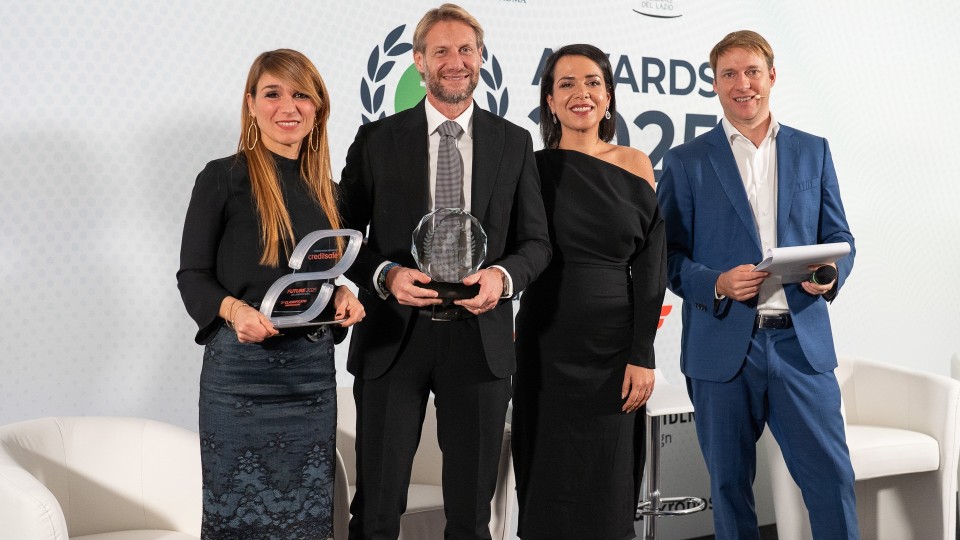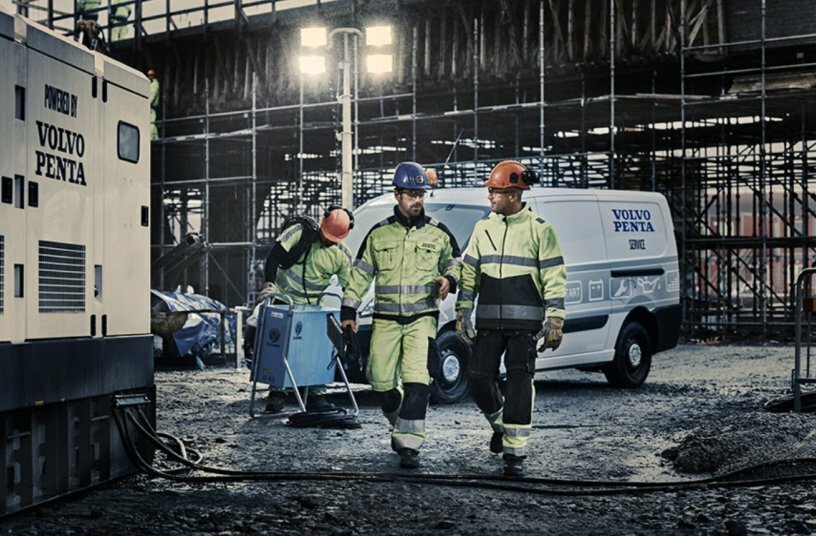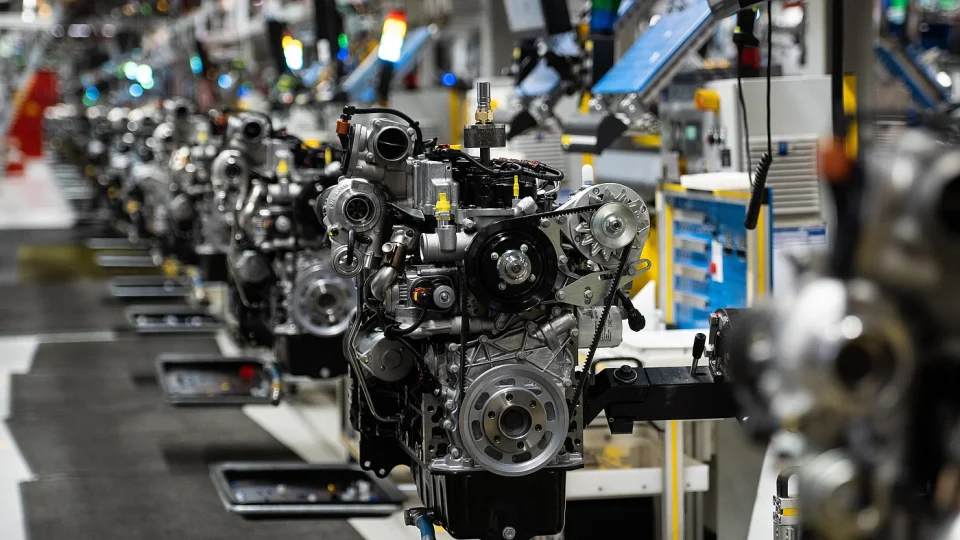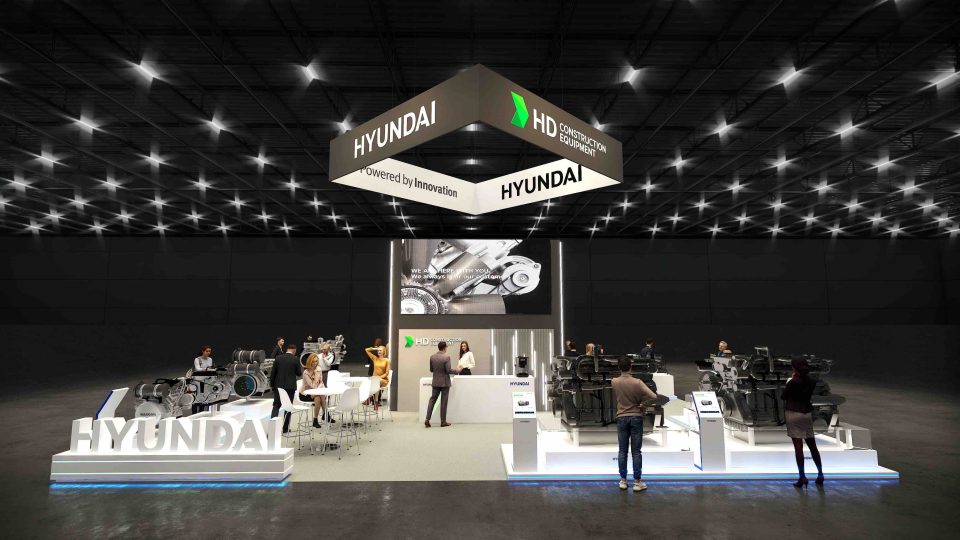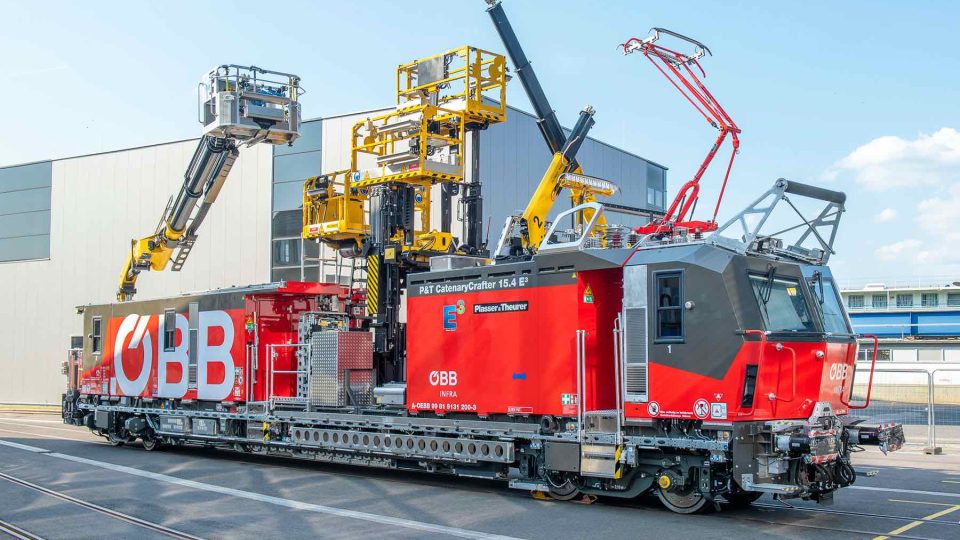Hydraulic or Electric? HeavyTech!
HeavyTech is an American venture that addresses the construction world, offering a functional ceasefire in the ongoing dispute between hydraulic architecture and electric operation
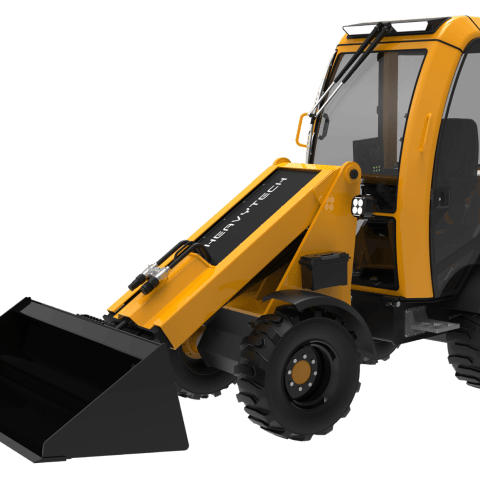
Does HeavyTech ring a bell? The idea of generating efficiency through electric pumps, or the principle of “design integration”? That’s the conceptual essence of the HeavyTech project. Let’s start with Davide De Silvio, the Chief Commercial Officer, CCO, who has dedicated his professional path to earthmoving and industrial engines. “We believe that hydraulics remain unbeatable in earthmoving machines. Our belief is that oil should be pressurized using electric pumps. Our goal is to provide more efficient machines by reducing heat losses and innovating the hydraulic and thermal management systems.”
Davide De Silvio and the Genesis of HeavyTech
Since 2000, De Silvio spent several years at Liebherr, working in the wheel loader segment for the Italian market. Since 2013, he has been a key account at FPT Industrial, managing new business, especially outside the CNH Industrial perimeter, following the OE market. He’s handled turnaround, rescue, and expansion operations, and for a brief period was responsible for the commercial network in German-speaking countries. Still, his strong attraction to the North American market led him to make himself available in that arena.
Then came the present: in November 2024, a new player in the earthmoving industry emerged, HeavyTech, co-founded by De Silvio. The kickoff took place in Fort Wayne, Indiana in early May. In the first three weeks, the fundraising campaign raised $250,000.
Now, let’s talk about the machines
“They are, and should remain, hydraulic. But the overall efficiency of conventional machines, which ranges between 15% and 25% due to heat dissipation from the engine and the hydraulic system, can and must be improved. How much current do I need to generate the force required by the work cycle? Whether the energy source is a battery pack, a diesel generator, or hydrogen: it doesn’t matter. Our machines have an electric architecture, but the rear, where the power source is housed, is interchangeable. We consider them plug & play, whether electric, thermal, or possibly fuel cell-powered. The most efficient way to generate digging force is through electric pumps, and we are fully aware of how much current is needed to produce that power.”
Which machines, exactly?
“We started with a 4-ton mini excavator, a 4-ton compact track loader, and a 2-ton articulated wheel loader.. Our approach? Design the machines from scratch. Electrification is just a means, the added value is in design integration: we develop the powertrain and software from a blank sheet, coordinating how power flows are managed. This allows us to design the machine from day one to include autonomous driving, remote control, telemetry, or whatever we want. There are shared components: starting with the unified cab, tracks, hydraulics, and chassis.”
In other words: integration by design.
The target of HeavyTech
HeavyTech is targeting internal combustion engine applications, promising double the power and half the fuel consumption. “We can generate up to twice the hydraulic power,” says De Silvio. “That’s exactly what we’re doing. More power in the same machine class, with fuel consumption reasonably cut in half.”
It’s a kind of systemic rightsizing: the idea is to equip machines with “mini” propulsion systems; roughly, a 1-liter 3-cylinder engine (used as a generator) and 20 kWh battery packs. It’s an electro-hydraulic architecture, coordinated by AI.
The HeavyTech project allows for a complete reinvention of design and commercial logic: depending on the worksite, software and hardware components could be swapped (one machine with two generators? Or three machines with two batteries?). This logic is especially relevant for rental models, where a fleet may include more machines than power systems.
“The ability to swap energy sources between machines could shape a new ecosystem,” according to the Company’s CCO.

All of this, together with modularity and rationalization, impacts the efficiency of the electro-hydraulic system and translates into improved Total Cost of Ownership.
“And then there’s a topic that resonates strongly in the U.S., much more than in Europe: the right to repair, which our modular machines fully support.”

